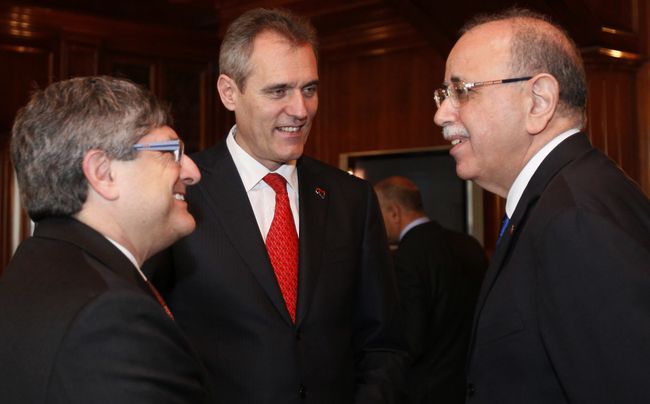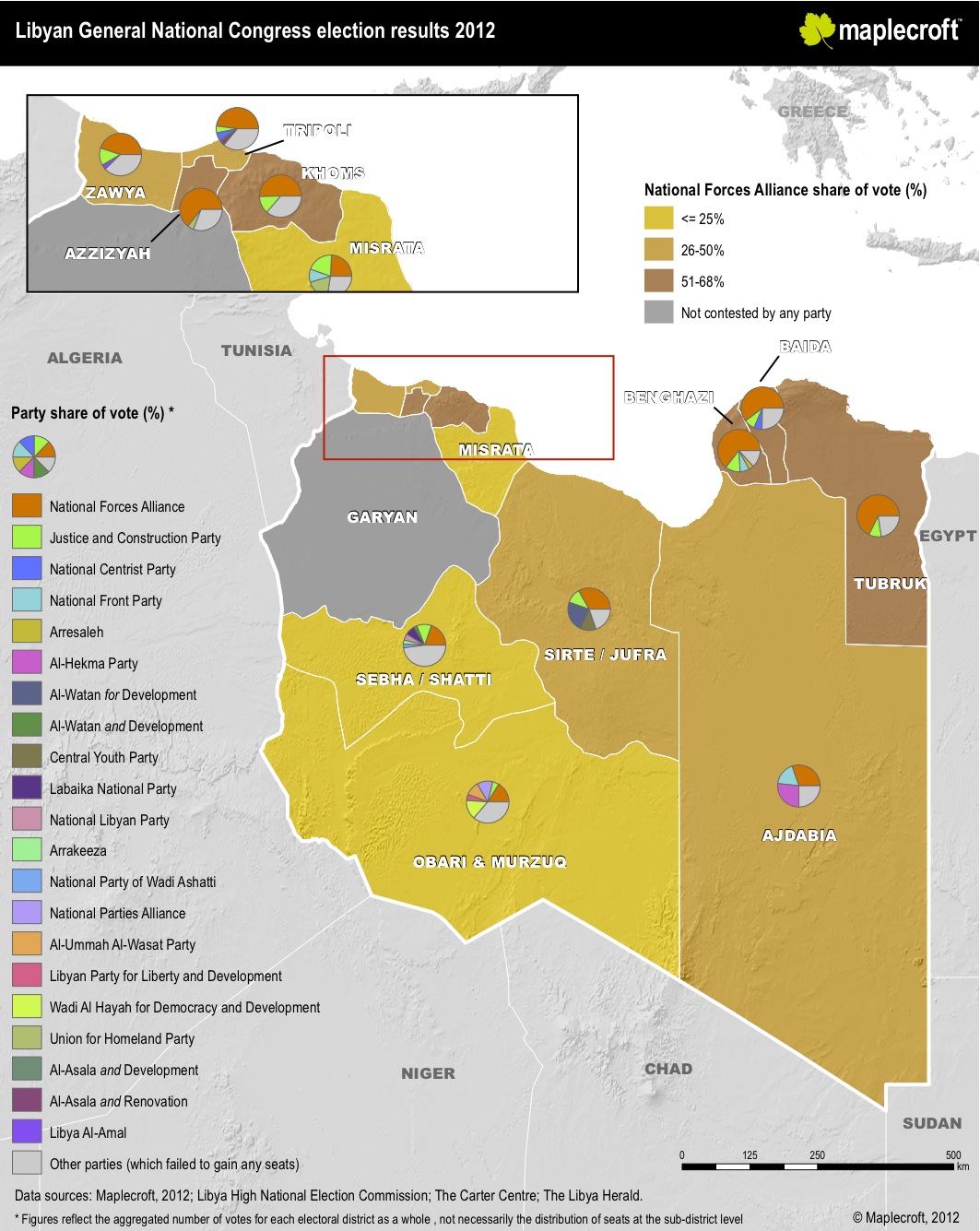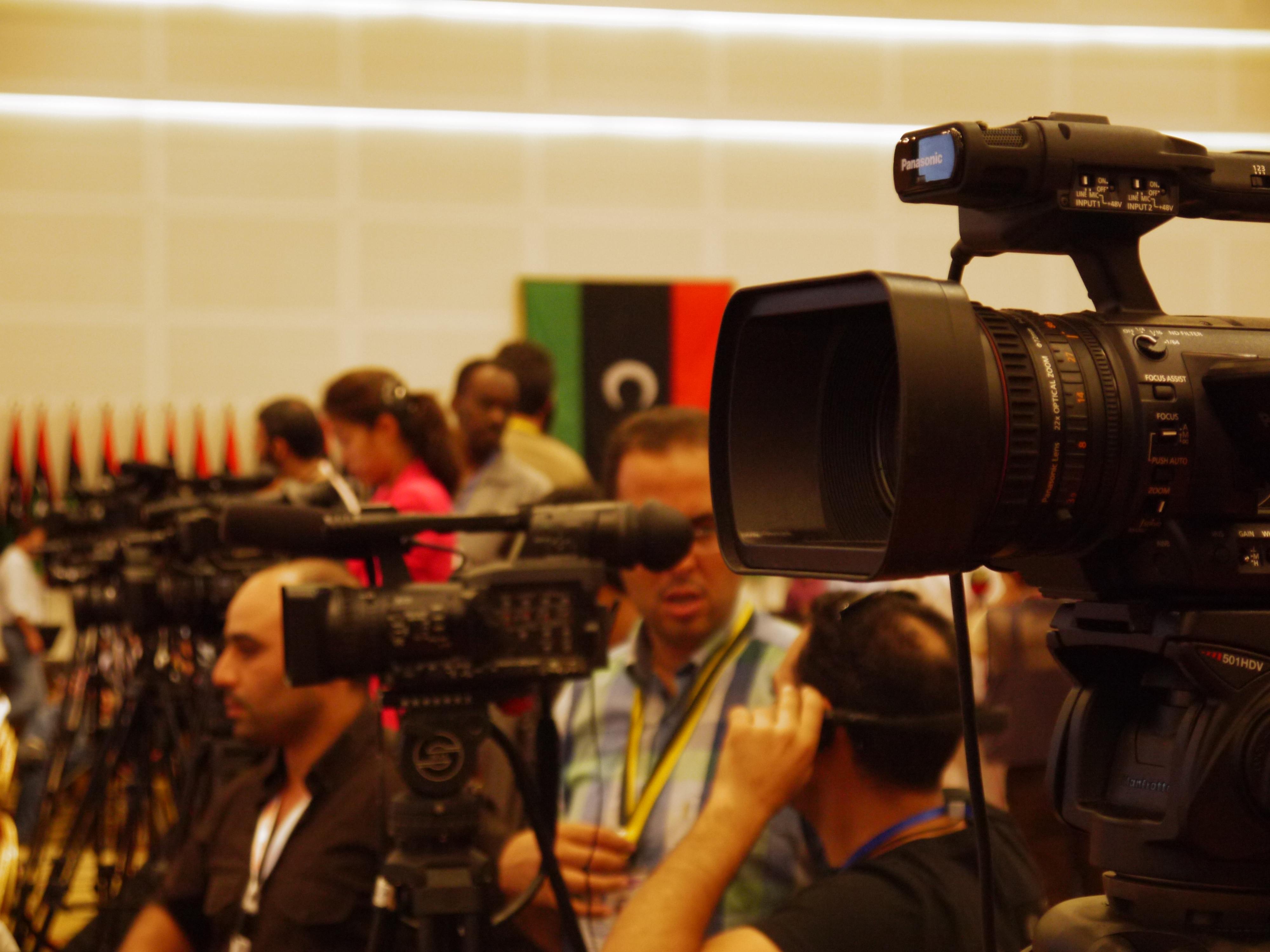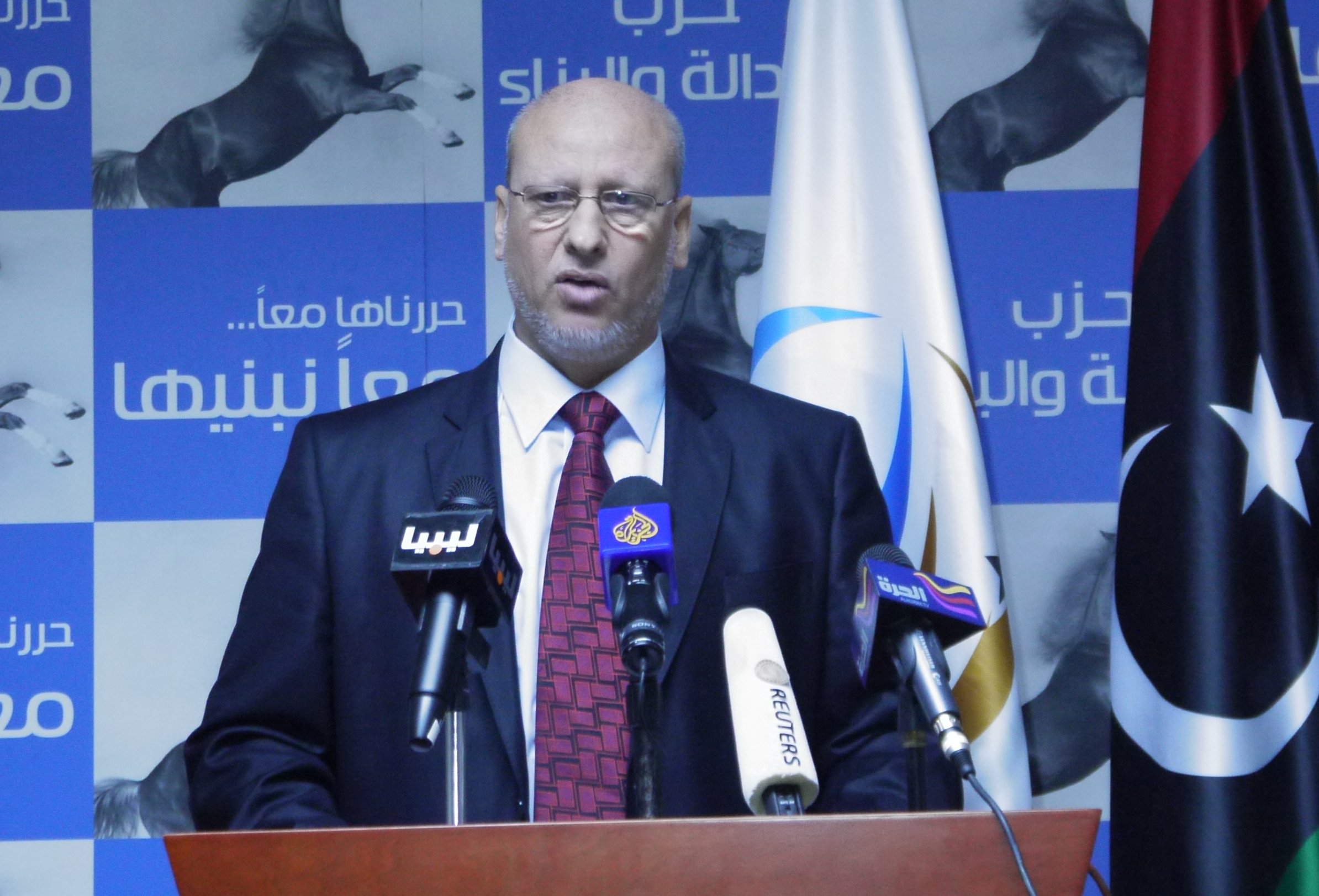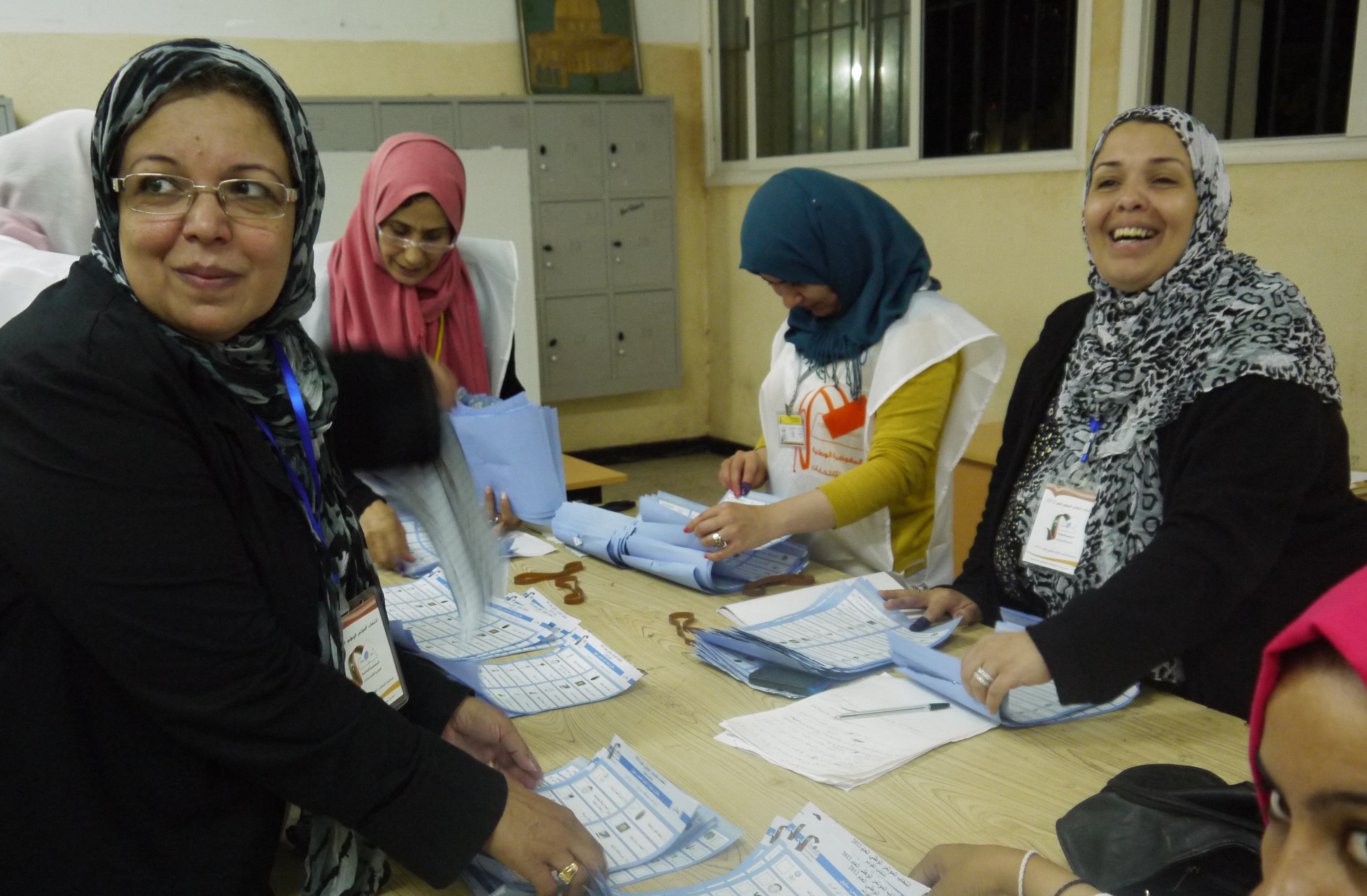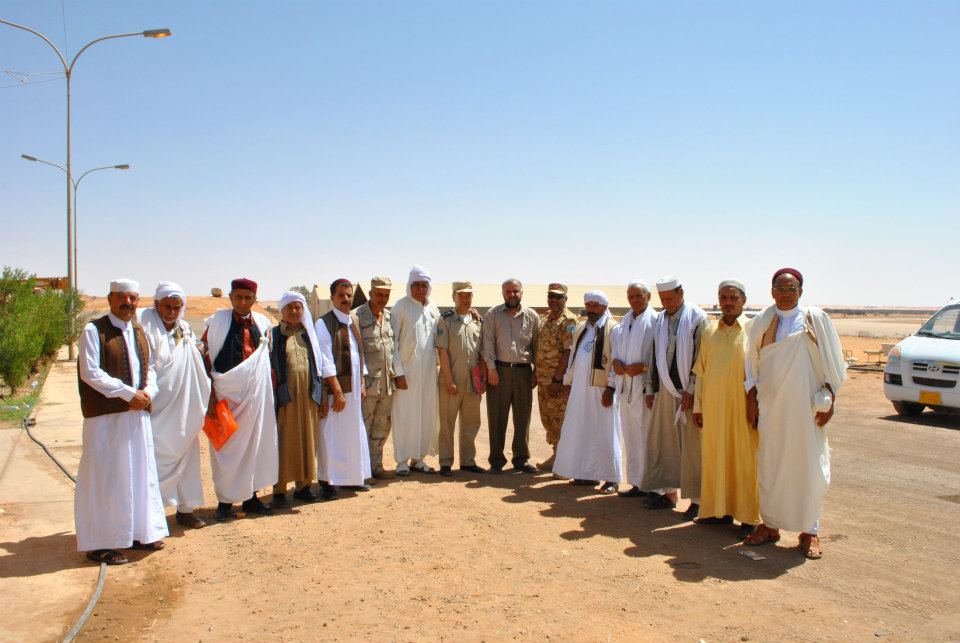Tripoli, 18 June:
All candidates for the National Conference should make it clear to voters how they plan to stop continuing torture . . .[restrict]and illegal detention, says Human Rights Watch.
Speaking today to mark the start of the campaign for the 7 July vote, Fred Abrahams, an HRW special advisor said: “Torture and illegal detention are an ongoing national crisis that Libya’s future leaders need to address. Libyans deserve to know how the candidates for this landmark election will solve these serious problems and reform the justice system after decades of abuse.”

At the very least says HRW, anyone held by the authorities should be brought before a judge and if there is sufficient evidence, charged. Meanwhile: “All detention outside the law and abuse in detention, including by militias, should be treated as a criminal act.”
Under Law 38, passed on 2 May, the interior and defence ministries should pass all detainees against whom there is sufficient evidence and who are currently held by militias, to the competent judicial authorities. This, said HRW is supposed to have happened by 1 July. However, the organisation says it is very unclear what steps will be taken, if as seems entirely probable, the militias are still holding suspects, including Saif Qaddafi, in 12 days time.
“The time for secret prisons should have passed with Gaddafi’s fall,” said Abrahams. “The Libyan government should know the name, age, and location of every person in detention, and should have brought charges.”
The government and the UN have said that there are still 7,000 people in detention, of whom 4,000 are in the custody of militias. Of the 3,057 suspects held by the Judicial Police, many for over a year, only 194 have been sentenced, said HRW. Many have been denied access to lawyers and HRW maintained that there is no legal basis for their continued detention. It pointed out that simply serving in Qaddafi’s forces is not itself a crime, under international law.
HRW has called on the newly-elected assembly members to make the justice system a top priority when they take their seats in the National Assembly.
“The failure to build a functioning justice system has undermined Libya’s transition and threatens to destabilise the country for many years,” Abrahams said. “The candidates running in these elections should make this urgent need a top priority and explain how they plan to ensure justice for all victims, no matter the person’s family, tribe, or political view.” [/restrict]
